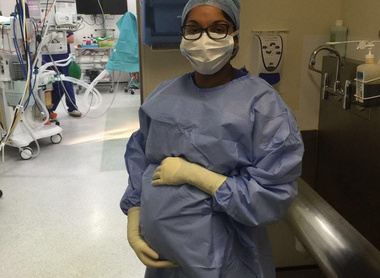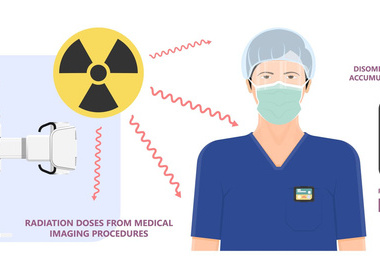Pregnancy
Pregnancy presents a unique set of challenges. There can be no definitive set of advice, every situation and each pregnancy is different and circumstances can evolve quickly.
The most common piece of general advice from all areas is don’t be a hero. It is reasonable for you and those around you to make adjustments for your changing circumstances. Pregnancy is a big change physiologically and mentally and it can feel like a brave step to accept or ask for help but the more we do the more accepted it becomes.
The BOA statement of expectations sets out what the BOA consider your department should be providing.
When to Announce?
The BOA promotes a supportive environment within a training programme to encourage trainees to have an open dialogue about their pregnancy, and to help with identifying and managing any risks within the workplace.
Managing Symptoms
Pregnancy can be a rough time for some and a smooth ride for others. If you are finding theatre challenging see if you can be doubled up with another registrar to allow you as much operating opportunity as possible or if this is not possible it is no weakness to swap lists for clinics – although a busy clinic is no rest!
Risk Exposure
There is no legal obligation to use radiation in pregnancy. Should a trainee wish to continue using radiation the IRMER radiation officer for the host trust should be contacted.
Risk Assessment and Management
It is important for you to have a risk assessment as soon as possible after you have notified your colleagues that you are pregnant and no later than three weeks after notification. It is essential to consider all the risks and identify mitigating actions.
Miscarriage / Stillbirth
The loss of a pregnancy is a bereavement for the parents regardless of the time since the positive pregnancy test. You are entitled to sick leave and should take time to look after yourself and recover and not feel under pressure to return to work until you are ready.
Difficulties with Conception/Fertility Treatment
Female surgeons tend to have their families later and have increased rates of fertility treatment compared to the general population. Fertility decreases with age and therefore if you are over the age of 35 NICE recommends referral to a fertility service earlier than the usual one year of trying to conceive.






